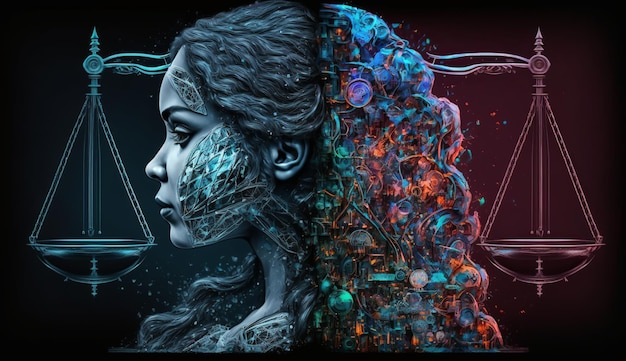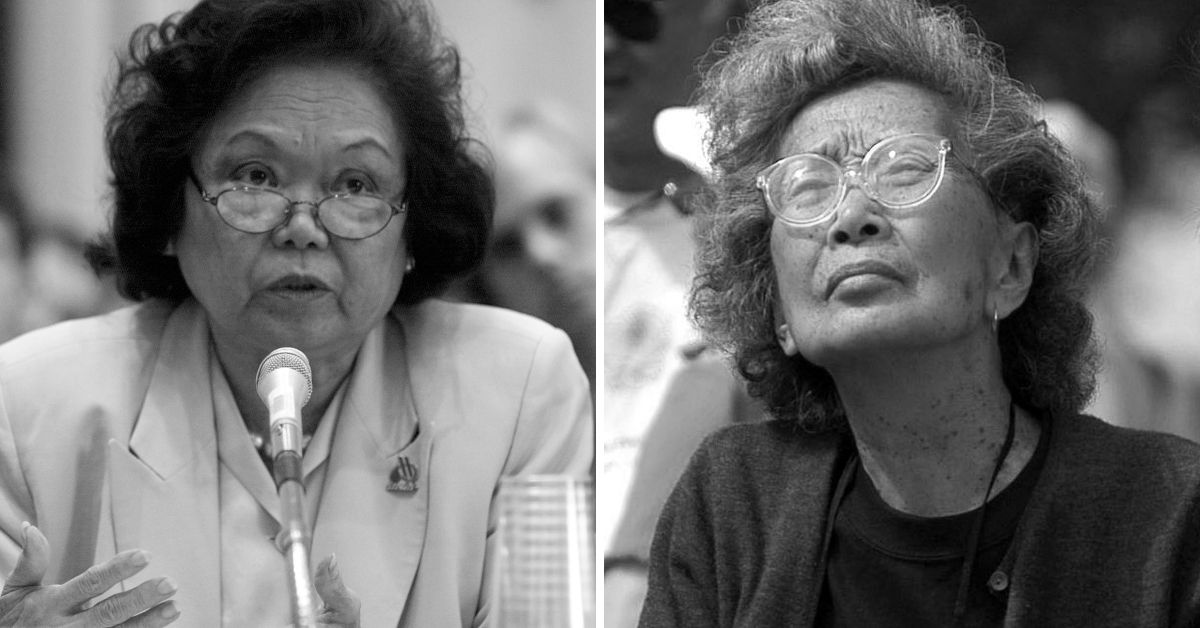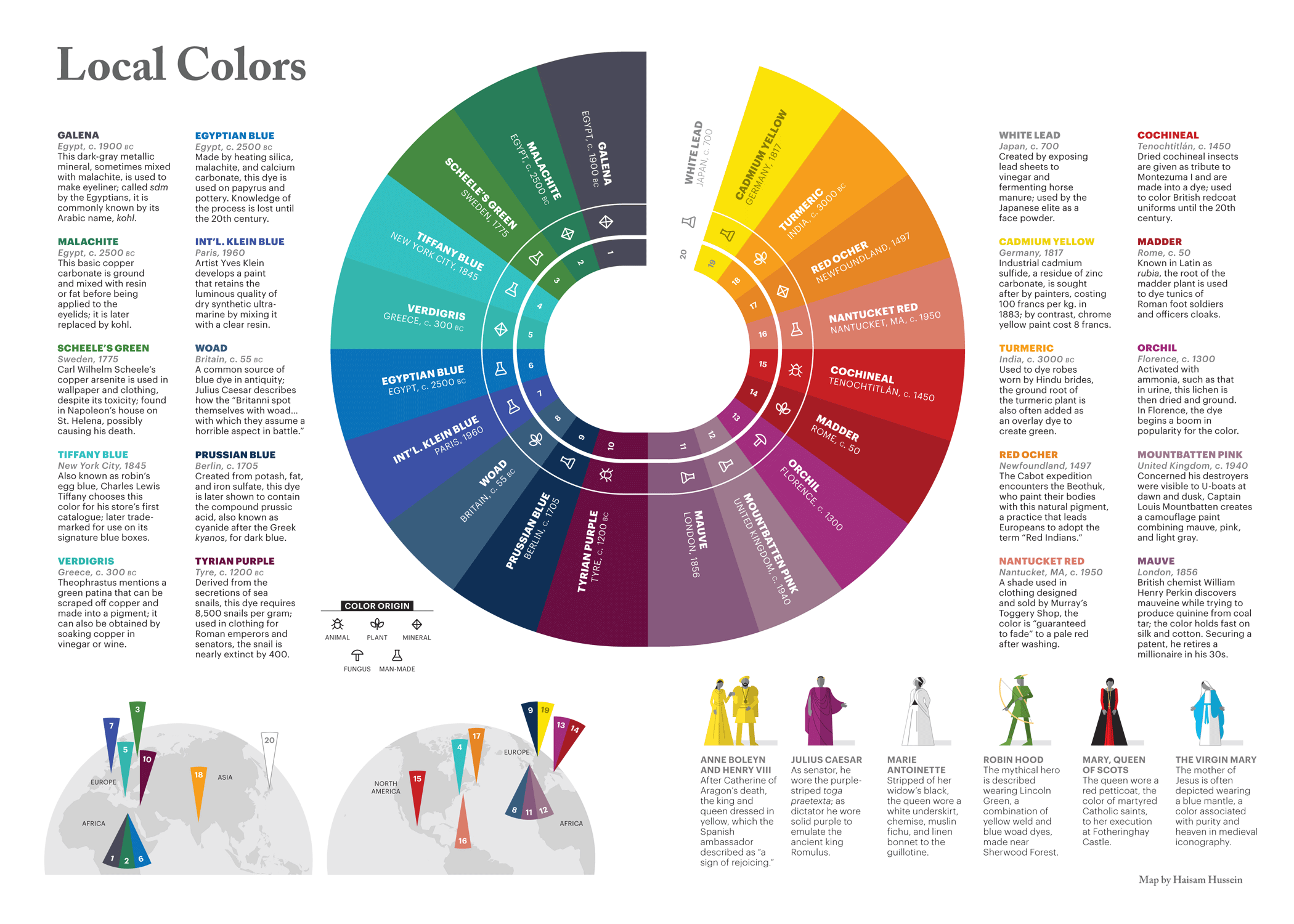AI and social justice have become critical conversations in today’s society, as voices like Ruha Benjamin stress the importance of integrating ethical considerations into technological advancements. The potential for artificial intelligence to either reinforce or dismantle existing inequalities is significant, making it imperative to examine how technology intersects with social justice in AI. As we envision the future of AI, we must question whose interests are truly being served by these innovations, especially when propelled by self-interested tech elites. Benjamin’s insights challenge us to rethink not only the role of technology in society but also the narratives that surround it, emphasizing the need for a multidisciplinary approach from the arts and humanities. By recognizing the societal impact of AI, we can advocate for a more equitable future that prioritizes inclusivity and fairness in technological development.
The dialogue surrounding AI and equity has gained momentum, particularly in the wake of burgeoning technologies that could redefine our societal structures. Terms like “equitable technology” and “social impact of artificial intelligence” capture the essence of this ongoing discourse, urging a closer examination of how emerging tools can either serve or undermine community welfare. Scholars and activists alike are piecing together frameworks that highlight the necessity of integrating diverse perspectives, especially from historically marginalized communities. This intersection of technology and human values not only enriches our understanding but also empowers us to envision a more just digital landscape. As we explore the implications of technological advancements through various lenses, it’s evident that fostering a culture of innovation must also encompass ethical stewardship in shaping a future that uplifts all members of society.
The Ethical Landscape of AI and Social Justice
In contemporary discourse, the intersection of artificial intelligence and social justice is more relevant than ever. Advocates like Ruha Benjamin emphasize that AI technology often perpetuates existing societal inequities rather than dismantling them. This reality raises critical ethical questions regarding who shapes the algorithms that dictate significant aspects of our lives—from healthcare decisions to criminal justice outcomes. As AI continues its rapid evolution, it is imperative to scrutinize the socio-political implications of its deployment, ensuring that marginalized voices are included in conversations about the future of technology.
Benjamin’s observations highlight a disturbing trend where technologies, perceived as advancements, can actually deepen oppression under the guise of efficiency. For instance, facial recognition software has been implicated in numerous wrongful arrests, revealing a troubling intersection between AI systems and systemic racism. Therefore, understanding the ethical landscape of AI is not merely about developing new tools; it is about interrogating how these tools are informed by, and in turn inform, the social fabric. Engaging with this ethical dimension will allow society to navigate the challenges brought by AI while fostering an environment conducive to equality and justice.
Reimagining Futures: Creativity in AI Development
Ruha Benjamin advocates for a radical reimagining of the future, especially in AI development, calling for greater emphasis on creativity and imagination. She argues that the realm of arts and humanities should play a crucial role in shaping technology that is not only innovative but also socially responsible. By integrating diverse perspectives informed by cultural narratives and social history, we can produce AI solutions that resonate with the lived experiences of various communities, rather than relying solely on technical know-how that often overlooks socio-cultural contexts.
In her vision for the future, Benjamin invites individuals and institutions to go beyond conventional methods of problem-solving, to dream of a world that transcends current constraints like borders and surveillance. This approach champions an ethos where creativity drives technological advancement. By doing so, she underscores the potential of imaginative thought to inspire systems that prioritize public welfare and aim to dismantle institutional barriers, ultimately fostering a more just and equitable society. Through interdisciplinary collaboration, the arts can illuminate pathways toward futures where AI serves humanity’s collective good.
Trust and Technology: Questioning Tech Elites
The blind trust placed in technology and the tech elites who develop it is a significant concern raised by Ruha Benjamin. She cautions against viewing the promises of billion-dollar tech companies as unequivocally beneficial. The narratives constructed by these entities often mask self-serving motives, positioning technological advancement as inherently altruistic. As Benjamin highlights, the unseen architects of AI must be critically evaluated, recognizing that their vision might not align with the broader public good. Evaluating the intentions behind AI is essential for fostering critical trust among citizens.
Benjamin’s critique points to the potential danger of allowing a handful of powerful individuals to dictate the direction of AI and other technologies. This reliance on tech elites can lead to a myopic view of society that fails to consider the experiences of those from marginalized communities. Therefore, fostering a broader dialogue that includes diverse voices is vital to ensure that technological development aligns with democratic values and social justice. By questioning the narratives spun by these elite stakeholders, society can work towards a more equitable technological landscape.
The Role of Historical Context in AI Development
Ruha Benjamin emphasizes that the evolution of AI is deeply intertwined with historical injustices, particularly in how marginalized groups are disproportionately affected by technological advancements. This historical context is crucial for understanding current applications of AI, which often echo past discriminatory practices. For instance, algorithmic biases in AI-driven systems can perpetuate systemic inequalities reminiscent of 20th-century eugenics. Acknowledging these historical connections allows for a more nuanced discourse on the ethical implications of AI and encourages accountability among developers.
The understanding of AI through the lens of history invites a reconsideration of what progress truly means. Instead of accepting technology as an unambiguous good, Benjamin argues that it should be critically assessed for its impact on society, particularly its role in shaping social hierarchies. By addressing historical injustices, developers can strive to create AI systems that actively contribute to social justice, rather than inadvertently reinforce existing biases. In this way, the integration of historical context becomes a pivotal element in the quest for ethical AI development.
Innovation Beyond the Dystopian Narrative
In her work, Ruha Benjamin challenges the dystopian narratives that often dominate discussions about the future of AI. Rather than resigning to an apocalyptic vision of technology, she encourages society to imagine innovative possibilities that prioritize human dignity and societal well-being. This shift in perspective is essential for cultivating a future where technology serves as a tool for empowerment rather than oppression. By redefining the narrative around AI, we open the door to creative solutions that address pressing social issues.
Benjamin’s call to action is a rallying cry for individuals to engage in imaginative thinking that transcends the limitations imposed by current technological paradigms. It is about envisioning systems that foster community resilience and social equity, drawing from the experiences and insights of diverse populations. By embracing a non-dystopian vision of the future, we can collectively prioritize innovation that uplifts marginalized voices and cultivates an equitable society enriched by technology.
AI in Healthcare: A Double-Edged Sword
The intersection of AI and healthcare is one of the most profound arenas where the challenges of equity and justice emerge. Ruha Benjamin illustrates how AI technologies, such as automated triage systems, can invoke biases that exacerbate existing health disparities. When algorithms are designed without a thorough understanding of social determinants of health, they risk perpetuating injustices rather than alleviating them. Hence, an equitable approach to AI in healthcare must prioritize transparency, inclusivity, and accountability.
Furthermore, the implementation of AI tools in healthcare requires careful consideration of the social context in which they operate. Benjamin advocates for a collaborative approach that involves healthcare professionals, ethicists, and community representatives to ensure that AI-centric innovations meet the needs of the most vulnerable populations. This collaborative framework can help dismantle systemic biases within healthcare systems, fostering solutions that benefit all individuals, rather than just a privileged few.
Beyond Efficiency: The Need for Emotional Intelligence in AI
Ruha Benjamin argues that a significant flaw in the current AI discourse is its lack of emotional intelligence. While many proponents herald the efficiency of AI technologies, they often overlook the importance of empathy, particularly in decision-making processes. Algorithms that prioritize mathematical optimization can inadvertently strip away the human experience, leading to outcomes that lack compassion. In this regard, integrating emotional intelligence into AI development becomes paramount to creating systems that truly understand and respond to human needs.
Preferring computational efficiency over emotional understanding ignores the complexities of human experiences, especially among marginalized communities. Benjamin’s critique invites developers to reconsider how AI can be designed with an emphasis on ethical responsibility and social consciousness. By embedding emotional literacy into AI frameworks, technology can better serve the needs of diverse populations, ultimately leading to systems that promote well-being and social justice. This shift from a cold, calculating model to one that values human emotions is essential for fostering a compassionate tech landscape.
Education for Justice: The Interplay of Arts and Humanities in AI
In her Tanner Lectures, Ruha Benjamin emphasizes the crucial role of arts and humanities in shaping the future of AI. By integrating diverse cultural perspectives and critical inquiry into technological development, we can foster innovations that do not merely replicate existing power structures but challenge them. This interdisciplinary approach encourages future developers and technologists to cultivate empathy and ethical reasoning, essential qualities in the creation of responsible AI systems.
Benjamin advocates for educational institutions to prioritize inquiry through the arts and humanities, recognizing their potential to nurture creativity and critical thought. This shift is necessary for producing current and future generations of technologists who are equipped not only with technical skills but also with a deep understanding of social justice issues. Engaging with the arts can inspire imaginative solutions to the challenges posed by AI, inviting a future where technology enhances human rights and promotes social equity.
Call to Action: Reimagining AI Through Collective Imagination
Ruha Benjamin issues a clarion call for collective imagination in the realm of AI, urging individuals to envision a world unshackled from the limitations imposed by current technological paradigms. By reimagining the purpose and potential of AI beyond merely computational efficiency, we can foster a future that aligns with principles of justice and equity. This collective endeavor invites creators, activists, and everyday citizens to participate in shaping the narratives and frameworks that will ultimately govern AI technologies.
The call to action emphasizes the need for collaborative creativity, where interdisciplinary approaches lead to holistic and inclusive solutions for AI development. By dismantling the mental barriers that confine our aspirations, society can cultivate an environment where innovation serves the greater good. This vision empowers a myriad of voices to contribute to the discourse on AI, ensuring that its development reflects the diverse tapestry of human experiences and desires for a more just world.
Frequently Asked Questions
How does Ruha Benjamin connect AI and social justice in her discussions?
Ruha Benjamin connects AI and social justice by critiquing how AI technologies can perpetuate oppression and disproportionately affect marginalized communities. She argues that AI often touts itself as a morally neutral technology; however, its implementation can echo historical injustices like those seen in the eugenics movement. Benjamin highlights the need for diverse perspectives in AI development to ensure that technology serves the collective good rather than merely benefiting the self-interests of tech elites.
What role do the arts and humanities play in shaping the future of AI and social justice?
The arts and humanities play a critical role in shaping the future of AI and social justice by encouraging creativity, imagination, and critical inquiry. Ruha Benjamin emphasizes the importance of incorporating these disciplines into discussions about technology, advocating for a broader understanding of societal needs beyond just technical know-how. This perspective fosters innovative approaches to reimagining AI in ways that prioritize equity and inclusivity.
Why should the average citizen engage with the conversation about AI and social justice?
The average citizen should engage with the conversation about AI and social justice because the implications of AI technology affect everyone, particularly marginalized groups. Ruha Benjamin argues that citizens have the power to envision alternative futures that challenge the narratives set by tech elites. By participating in these discussions, individuals can contribute to shaping a more equitable society that holds AI accountable and ensures it acts as a tool for good.
What are the dangers of uncritically trusting AI technologies as Ruha Benjamin suggests?
Ruha Benjamin warns that uncritically trusting AI technologies can lead to the reinforcement of existing social injustices. Technologies such as facial recognition and automated decision-making systems can perpetuate biases and result in harmful outcomes, including wrongful arrests and healthcare disparities. Benjamin advocates for a critical examination of how AI is developed and implemented to avoid replicating histories of oppression and to ensure that technological advancements serve the public good.
How can we reimagine AI systems to be more aligned with social justice principles?
To reimagine AI systems in alignment with social justice principles, Ruha Benjamin advocates for a collaborative approach that includes voices from various backgrounds, particularly those impacted by these technologies. This includes prioritizing public goods like affordable housing and transportation while challenging the dominant tech narratives. By fostering interdisciplinary collaboration and critical imagination, we can design AI systems that promote equity, inclusivity, and the dismantling of systemic inequalities.
| Key Point | Importance |
|---|---|
| Tech elites often promote AI as altruistic. | Challenges the notion of trust in tech-driven solutions. |
| AI technologies may exacerbate oppression (e.g., facial recognition). | Highlights the need for scrutiny in AI applications that impact marginalized groups. |
| Decision-making based solely on algorithms is flawed. | Suggests that human-centric and socially aware solutions are necessary. |
| The focus on tech solutions overlooks societal issues. | Calls for a holistic understanding of technology, integrating cultural insights. |
| Renewed focus on creativity and imagination in solving societal issues. | Encourages the exploration of bold, inclusive solutions beyond traditional frameworks. |
Summary
AI and social justice are interconnected themes that challenge the current narrative around technology’s role in our society. Ruha Benjamin’s insights remind us that the future envisioned by tech elites may not reflect the needs of marginalized communities. The promise of AI in promoting social good is often compromised by biases in its implementation, leading to further inequality rather than alleviation. To create a just and equitable society, it is essential to integrate diverse perspectives into technology development and consider innovative, community-driven solutions that prioritize humanity over pure efficiency. By fostering creativity and embracing a broader understanding of societal needs, we can imagine a future where technology serves everyone equitably.




